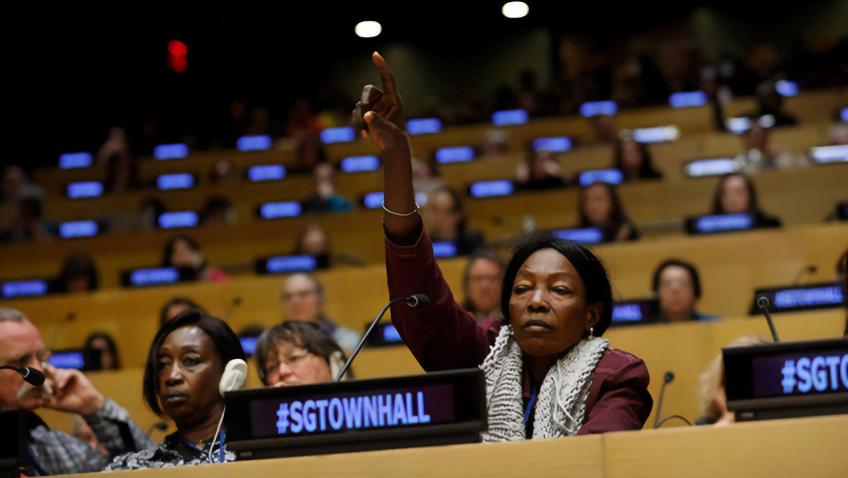Civil society and non-governmental organizations (NGOs) have already played active roles in shaping this new agenda and will continue to be invaluable partners to implement the goals on the ground.
One of the major platforms for NGOs to work with the United Nations is through a consultative relationship with the Economic and Social Council of the United Nations. Consultative status is granted by ECOSOC upon recommendation of the ECOSOC Committee on NGOs, which is composed by UN Member States.
Currently, 4,862 NGOs enjoy this status. They are represented all over the world and work in many different areas including education, health, poverty eradication, human rights, gender equality and indigenous issues.
So what are the benefits for NGOs having this status? NGOs that are accredited with ECOSOC can participate in many events, including, but not limited to regular sessions of ECOSOC, its functional commissions and its other subsidiary bodies. They may:
- Attend official meetings;
- Submit written statements prior to sessions;
- Make oral statements;
- Meet official government delegations, UN officers and other NGO representatives;
- Organize and attend parallel events that take place during the session;
- Participate in debates, interactive dialogues and panel discussions.

